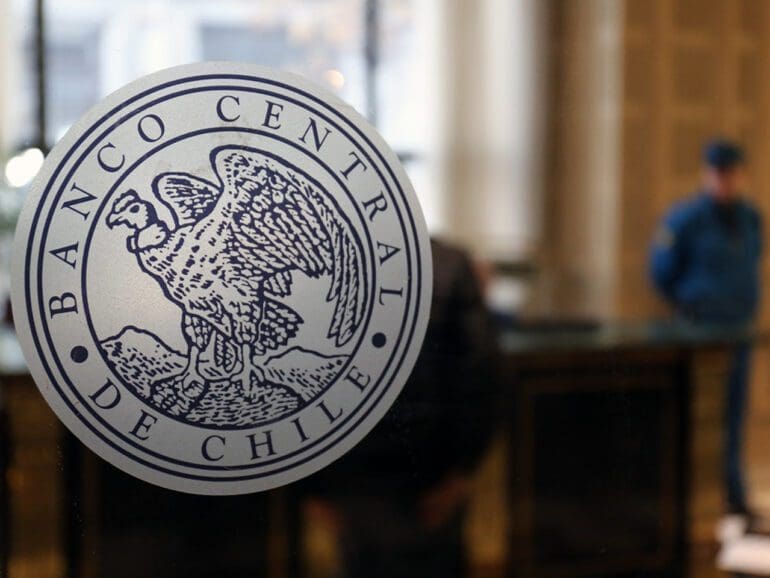A new law has passed in New York to provide support for online lending; the law includes direction for the development of an outreach campaign that will educate small businesses about marketplace lending; educational materials will come from the Department of Economic Development and the Department of Financial Services and will include simple language detailing potential costs and risks including the disclosure of percentage rates, fees, charges and early repayment options. Source
An investigation regarding fraudulent fundraising from Chinese peer-to-peer lender, Ezubao, has been underway since February 2016; regulators have reported all of the fundraising projects on the site were fraudulent and that the firm collected $7.6 billion from approximately 900,000 investors; Chinese regulators have recovered $1.5 billion in assets which include real estate, jewelry, stocks, cars and helicopters bought for company executives of the parent company Yucheng Group. Source
Buy now, pay later (BNPL) giant Klarna will start reporting data on customers' usage of its products to credit bureaus in the UK.
There is much recognition that blockchain, DLT, and associated technologies are potentially beneficial, with many use cases emerging.
The Federal Council of Switzerland is seeking to make the regulatory framework more flexible for fintech companies; they have instructed the Federal Department of Finance to devise a policy statement setting such a direction; recommendations to be considered include: (a) setting a maximum of 60 days for holding money in a settlement account, which will make settlements better aligned with crowdfunding project funding deadlines, (b) creating of an innovation sandbox in which a platform can accept funds up to CHF 1 million, and (c) establishing a new fintech license, with fewer restrictions than on traditional banks. Source
With the recent news from the OCC and a new administration in Washington, regulation of fintech is top of mind for everyone in the industry. The president of the San Francisco Fed, John C. Williams, joined us at LendIt USA 2016 to discuss fintech regulation in his keynote address.
He believes right now is a critically important time to have an open and honest dialogue about fintech and its role in the financial system. Fintech holds a lot of promise, it can help to improve efficiencies in the current system and can help the overall economy be more successful in achieving its fundamental goals.
The laws of innovation often mirror the laws of physics, for every great stride there is an equal and opposite risk. While he discussed the fact that innovation holds a lot of potential, the regulatory structure needs to asses the risks and ensure correct protections are in place.
Fintech companies are currently lowering costs, increasing access to the underbanked and helping to revitalize impoverished neighborhoods. One of his biggest points was even though fintech is looking to help the impoverished, it can actually hurt them the most as bad actors will prey upon the vulnerable.
Williams covers vigilance and a level playing field, looking at how the industry can help improve many different facets of the financial system but at the same time ensuring those in this burgeoning market do not pose a risk to the financial system. As he was beginning to wrap up his speech to allow for an interactive Q&A with the audience, Mr. Williams said he sees the potency of the possible in fintech.
Check out the full video here:
I was in Washington DC last week for the fourth annual Online Lending Policy Summit. This one day event is...
These operations had been legally challenged by credit card companies, which currently dominate this type of activity in Chile.
The international group of regulators called the Global Financial Innovation Network (GFIN) has expanded to 29 countries and is inviting...
Lend Academy takes a retrospective look at the most important stories for the industry in 2016; regulation was a factor for the industry and 2016 included a white paper from the Treasury with consultation from seven federal agencies governing the financial services industry including the Securities and Exchange Commission, Office of the Comptroller of the Currency and the Consumer Financial Protection Bureau; the Office of the Comptroller of the Currency proposed its new fintech charter and the Marketplace Lending Association was formed as an advocate for the industry; other highlights included a $50 million investment in US P2P loans from Chinese marketplace lender CreditEase and a leading market position from SoFi. Source





